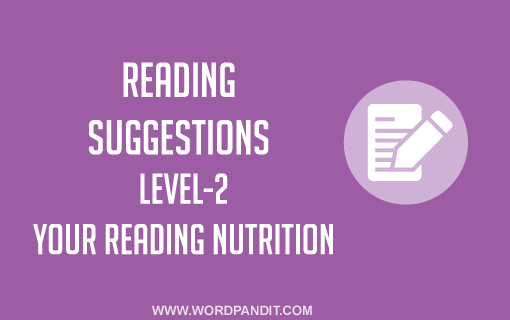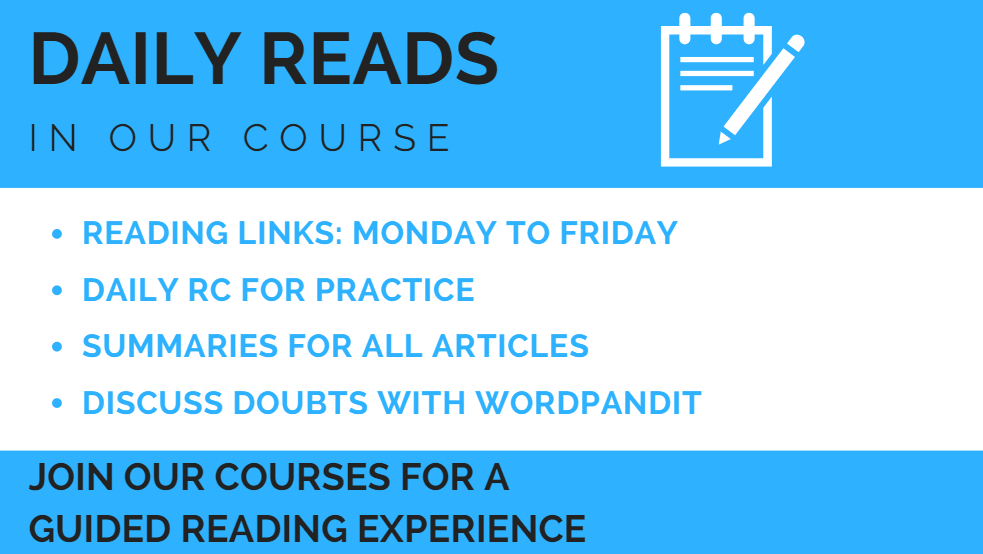Reading Suggestion-1
Article Name: The arts must reach more people if they are to help our divided society
Author Name:Nicholas Serota
Source:The Guardian
Category:Art and Culture
Summary for this article:
This article focuses on how Art has been a social medium that has been able to connect the people of England together as members of the public have come together to share different ideas and values and also made a critical contribution to the nation’s economic success.
The author is the chair of Arts Council England and starts with how in the first year of his work he travelled across the country and saw the way how Art can change the perceptions of communities and how people see themselves. He gives the example of HULL which completed its year as the city of culture.
The author emphasises that the role of the arts in the public sphere is to be inclusive, not exclusive thus we need to make sure that our work and our workforce are more representative of the nation as a whole. He further explains how the council is working to make this initiative a success and briefly informs us about the fundings generated and where they would be invested to make England as a whole artistically rich rather than just focussing on London.
He states that Art not only brings communities and individuals together but also helps in boosting England’s economy. He feels that their young and diverse population is a national asset but socioe-conomic barriers are depriving many young people of opportunity of growth and harmony thus crea-tivity can play a larger part in the lives of young people in helping them remove social barriers to give all every child a better chance to progress.
The author concludes that thus the job of Arts Council England is to respond imaginatively to this need and this can be done by supporting the very best experiences that the arts, in all their variety and richness, can offer to individuals and communities in every corner of the land.
Words to learn from this article:
Cohesion: the action or fact of forming a united whole
Intrinsically: in an essential or natural way
Galvanised: shock or excite (someone) into taking action
Pioneer: develop or be the first to use or apply (a new method, area of knowledge, or activity)
Reading Suggestion-1: Click to read the full article
Reading Suggestion-2
Article Name:Planes don’t flap their wings: does AI work like a brain?
Author Name:Grace Lindsay
Source: Aeon
Category:Artificial Intelligence
Summary for this article:
This article deals with the topic of Artificial intelligence; how it’s working is similar to our brain and in what ways it is different from our brain.
The author starts with the story of French inventor Jacques de Vaucanson who in 1739 created a golden digesting duck who when fed pellets would excrete gritty green waste. Later when he died it was found that the duck had no digestive tract rather than breaking down the food, the pellets the duck was fed went into one container and pre-loaded green-dyed breadcrumbs came out of anoth-er. The author here correlates that even AI with the help of computers is managing to perform near- or above-human level on tasks. He states that like the French exhibit-goers, any observer would be correctly impressed by these results but what is less clear is that how these results are achieved by AI and whether modern AI works like our brain.
The main idea he presents is the like many areas of modern AI, the success of computer vision can be attributed to artificial neural networks. These algorithms are inspired by how the brain works thus the base unit they use is a simple formula meant to replicate what a neuron does.He explains how computer vision is based on the way humans identify objects.
The author feels that AI does not cheat us like the digesting duck but to understand whether AI works like the brain he briefly explains us various experiments conducted by the various scientists. One of the ways to look at this is to compare their performance and the author concludes that even some differences would make these AI computers to make a mistake that humans would not . So AI did not fulfil the first approach. The second approach is measuring only environment and behaviour or we can say, input and output which are limited without direct measurements of the brain connecting them. Thus, the author concludes while giving an example of Belgian artist who made a device that could convert food into faeces that although this machine would replicate the exact working of our natural system and is a true piece of engineering but is this intelligence required by anyone?
Words to learn from this article:
Pellets: a small, rounded, compressed mass of a substance
Trailblazer: a person who is the first to do something; an innovator
Spatial: relating to space
Adversarial: involving or characterised by conflict or opposition
Testament: something that serves as a sign or evidence of a specified fact, event, or quality
Reading Suggestion-2: Click to read the full article
Reading Suggestion-3
Article Name:School Shootings: Are They Truly Random?
Author Name:Ryan P. Brown
Source: Psychology Today
Category:Psychology
Summary for this article:
An interesting article that answers the question that are school shootings truly random?
The latest school shooting massacre in Parkland, Florida has brought back the spotlight on school shootings.The author asserts that these events really are not completely random and goes to to ex-plain his research on timing and locations of more than 100 incidents of school violence that had occurred in the U.S. between 1988 and 2008.
The findings of the research were that the maximum cases happened in the month of February. So why February? February is the month when we celebrate Valentine’s Day.This day is supposed to be a celebration of romance and togetherness, but for those who don’t have a romantic partner, or whose partner has recently “dumped” them, Valentine’s Day can feel like the final straw that pushes people over the edge.
Another striking pattern that was discovered was that school shootings were three times more likely to occur in southern or western states than they were to occur in northern states. This was due to the fact that these are honour-oriented states and men in honour cultures want reputations for being tough, brave, and intolerant of disrespect.
Words to learn from this article:
Massacre:an indiscriminate and brutal slaughter of many people.
Precipitated:cause (an event or situation, typically one that is undesirable) to happen suddenly, un-expectedly
Humiliating:making someone feel ashamed and foolish by injuring their dignity and pride.
Coveted:desired
Lemon juice in a paper cut:To make something that is already difficult, unpleasant, or painful even worse; to accentuate.














